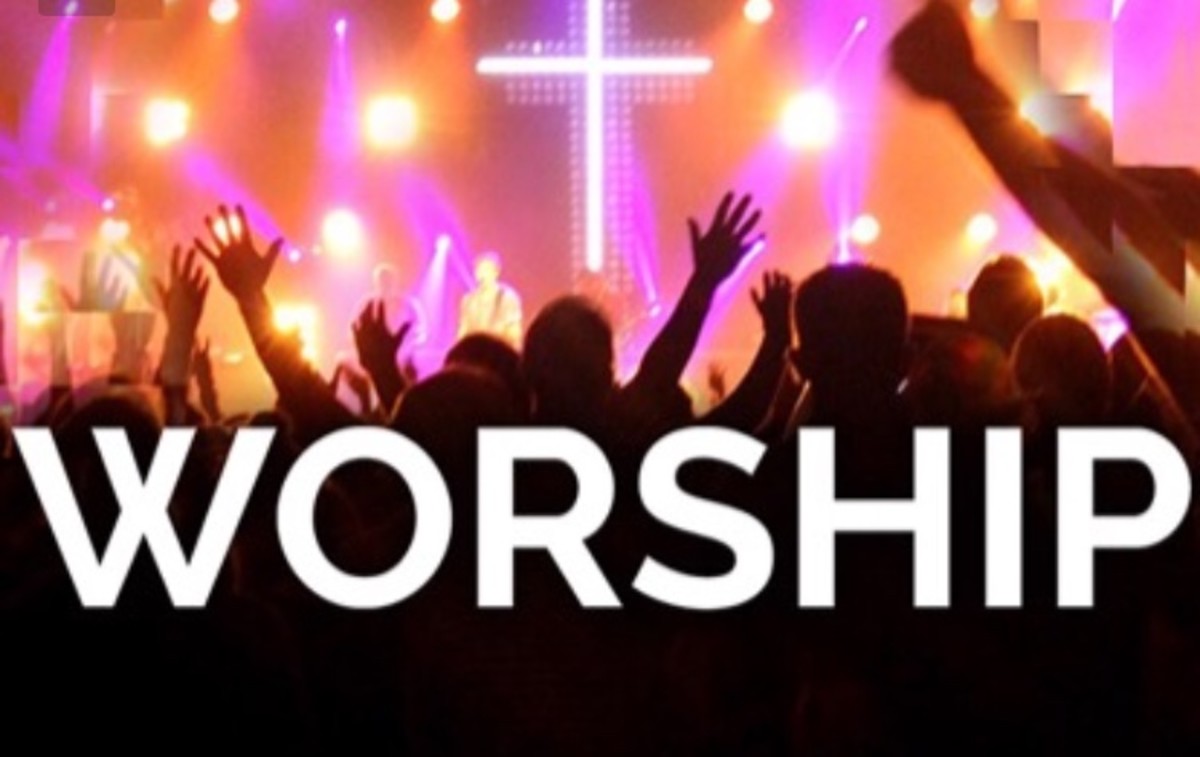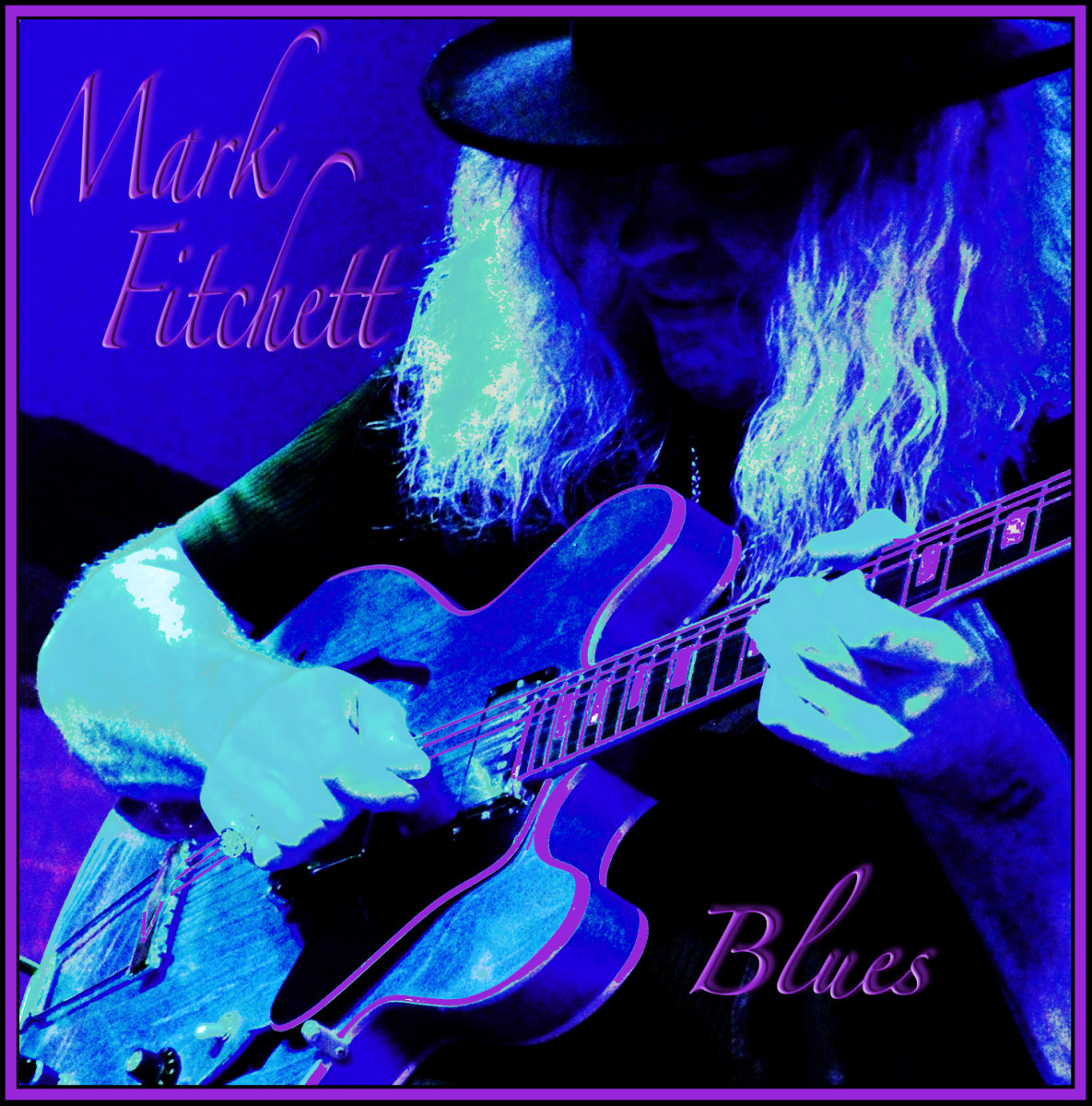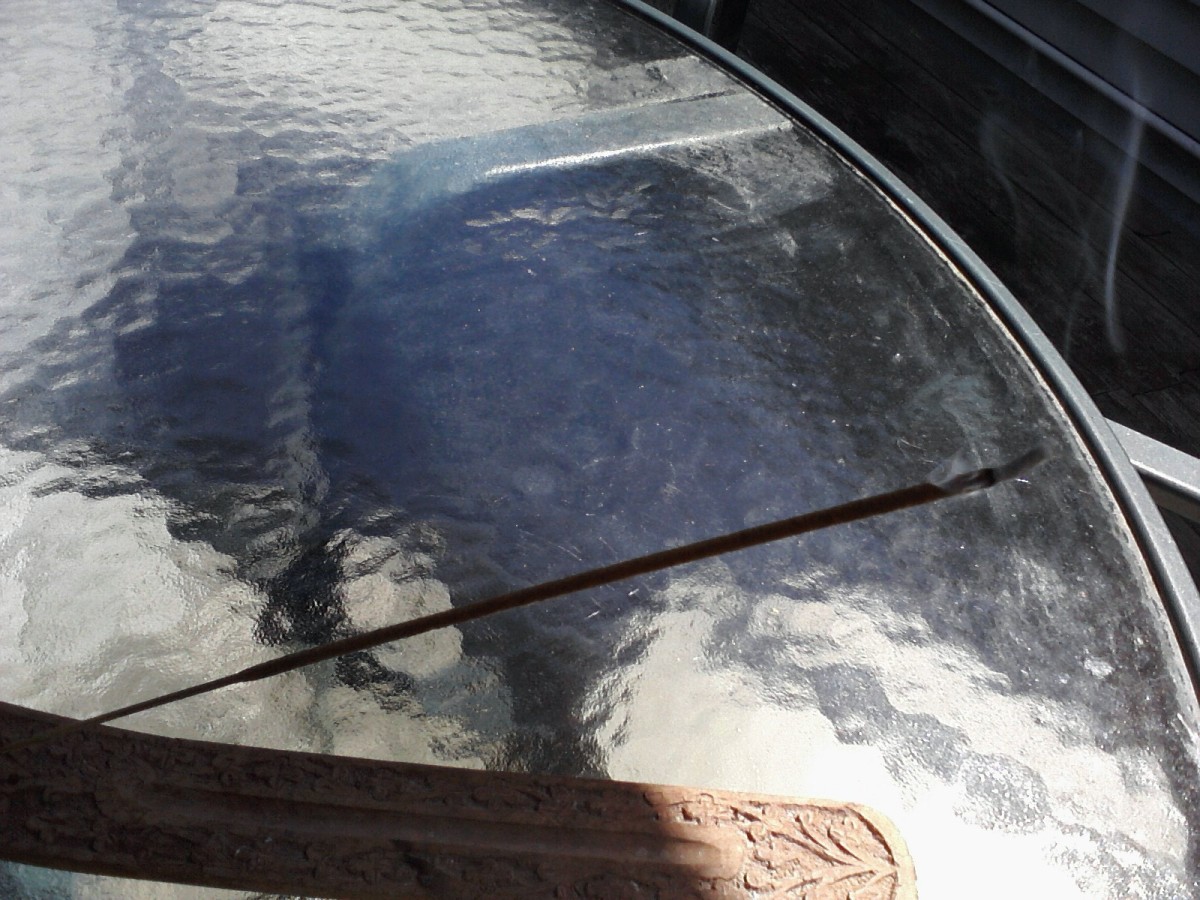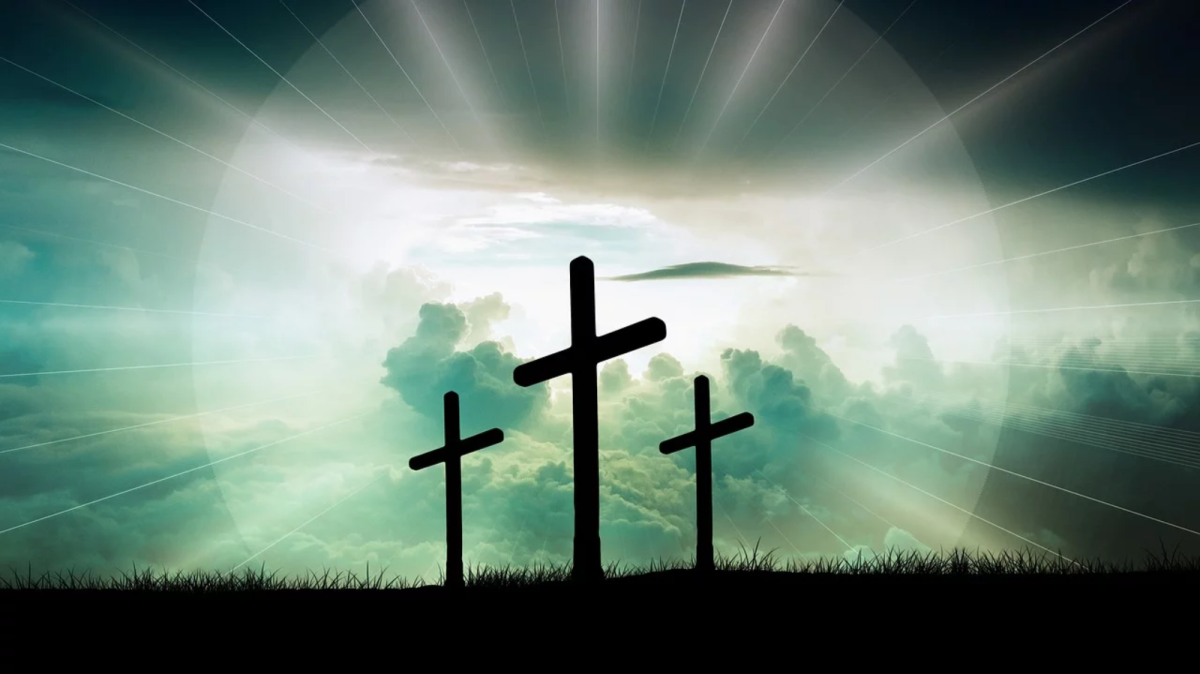How to Lead Worship
So you want to lead worship at Church? I'm assuming you are already a musician, otherwise you'll need a different article than the one you're about to read! But if you are a musician and have signed up to lead a worship team on Sunday morning, there's a lot to learn.
But let me give you the bottom line first.
The most crucial piece of information for someone who hasn't led before is this: Worship is very different from performing on stage. If you've only rocked out at a local bar or other concerts, leading worship will feel like a shock to your system.
That said, I'm going to explore everything you need to know about leading worship, from the music, to the musicians, to what to do when things go wrong.
Let's start at the beginning.
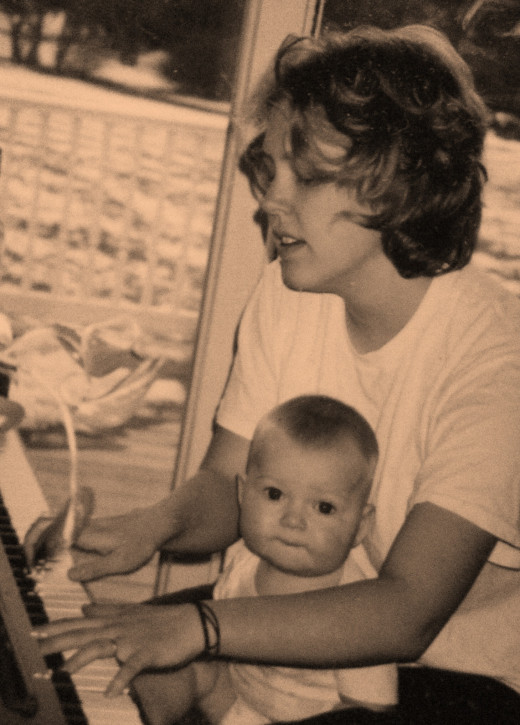
The reason for worship
Music has long been an integral part of Church services around the world and throughout the ages. Though the styles and formats change, one thing remains the same - people connect with God through music.
There is something that happens in the human heart during worship and it cannot be manufactured through any other means. Preachers long to touch the part of the heart that lights up when a melody begins to play, but words fall short.
God knew music was a great avenue for connecting with His people. So did His chief angel, Lucifer. When Lucifer decided to rebel against God, he waged war against his people...and music was one of his weapons.
Music continues to be a powerful influence on cultural ideals and beliefs. It can inspire hope or depression. As a worship leader, you are using one of the most intense instruments we humans have to connect with God.
Intimidated yet? No need to be. Worship actually has nothing to do with you as perfomer. It has to do with the One you are worshipping.
A worship leader's responsibility
People go round and round on this issue. Is the primary responsibility of a worship leader to...
- Worship and minister to God?
- Create an environment so others can worship God?
Both sides of this issue can cite scripture to back up their claims. Those who say a worship leader is made to worship God, regardless of what the congregation does - use some of the Old Testament models of the priests who ministered to God in the temple. The other side uses scriptures about servanthood and service- that we are to consider others, act selflessly, and evangelize whenever we can.
So which is it?
After leading worship for more than a decade, I can say that you must do both. A person who just worships to their heart's content without feeling out the congregation will turn Church into a performance. People who only focus on getting the congregation involved will become burned out and appear as a "cheerleader" in the front - annoying at best.
You need both. You need to worship God and help the congregation to do the same.
Assembling a worship team
Depending on your congregation and resources, you may be a one-person band or a whole orchestra! Typically worship teams follow this general structure.
- Worship leader (usually a pianist or guitarist, but can also be a bass player, drummer, or vocalist)
- Lead instrumentalist (guitar or piano)
- Drummer
- Bass Player
- Accent instruments (violin, flute, etc.)
- Back up vocalist (or two)
You may not have all these types of musicians in your Church. So is it okay to draw on other non-church going musicians? Again, there are several different theories on this. Some Churches do not allow anyone to play if they aren't a member of the Church or a Christian. Other places allow musicians of all backgrounds, citing it as a good touch point to reach the non-church going crowd.
Ultimately, you'll have to go to your leadership to decide if you can pull from outside sources. Usually Churches have strong opinions on this subject!
What if I can only have two or three people on my team?
Whenever I had to lead with a smaller team, this was my preference (I am a piano player)
- Guitarist
- Bass player
- Back up singer
In my opinion, having a bass player is more important than a drummer. If you have a drummer, you really should have a bass player. The two instruments need one another. If you can only have one, go for the bass.
Take into consideration sound and acoustics
Even if you want a big band, if you don't have the proper sound equipment, things will fall flat. Without sound equipment, go for unplugged - a guitarist and a vocalist. That's it. The congregation must be able to hear the vocalists.
In a similar fashion, if you have a large room or hall, you'll need to soften the sound of the drums. Invest in an electronic set or get a plexiglass shield so you don't have to crank the volume of all the other musicians just to compensate for the loud drums.
For some worship song writing humor...
- How to Write a Worship Song in Five Minutes or Less | The Intelligent Christian
Writing a worship song is simple! Just follow these steps!
Picking out the worship songs
This is one of the most important parts of leading worship. You must pick out songs that the congregation can sing! And here's my nugget of wisdom from years and years of doing this...
Musicians oftentimes hate the songs that the congregation loves.
"What?" I hear you saying. Yes it's true. The general population gravitates towards simplicity. Musicians are often wanting to stretch their musical and creative muscles, trying something new and different...fresh. Sunday morning is not the time to do it.
The congregation wants songs they can learn easily, songs they can memorize, and songs that won't distract them from the fact that they are worshipping God. You'll have to resist the urge to use the congregation as your science experiment for testing out hip edgy tunes.
How many songs in a set?
This depends on how much time you have. Traditionally, charismatic Churches allow for about 1/2 hour of music. Much more than that, and you'll lose your newcomers and people who aren't into music. A lot can be done with a 1/2 hour.
Each song will take you approximately 5 minutes. If you plan to do any praying in between, you'll have to allow for that as well. If you don't want to rush through a set list of worship songs, plan for five. Have six or seven available in case the service runs longer (or the pastor wants an extra song at the end or during communion).
How should I order the songs?
Typically, you want to start with something upbeat and easy. Don't make it difficult for people to jump right in and start worshipping. The next song should be similar. Upbeat and easy. After that, you can transition into one or two songs that are a bit slower and/or more intimate. Once you do that, end the set with a powerful ballad or another upbeat song.
If you plan on offering up a prayer, a great time to do that is either after song two or song four. Those are the two natural transitioning points of a set. Keep in mind, these are all general guidelines. Worship is not a formula and flexibility is key!
How long should I spend on each song?
Most worship songs are set up this way:
- Verse 1
- Chorus
- Verse 2
- Chorus
- Bridge
- Chorus
Using this model, you have a couple of options.
- Play through the order and finish.
- Play verse 1 twice, and then go straight through.
- Play verse 1, chorus, verse 2, chorus and then repeat the chorus before going to the bridge.
- Play all the way through to the bridge and repeat the bridge several times.
- Start the song on the chorus and then go back to the beginning and play straight through.
Leading your team
This can be a tremendously rewarding OR frustrating aspect of worship leading. In order to minimize relational tensions or misunderstandings, try to make your expectations clear from the start. One of the biggest mistakes new worship leaders make is trying to over plan. Worship is a dynamic organism and things will change. Here's how to reduce problems.
Create signals - During practice, come up with signals that you can use to cue the musicians. You should have one for repeat, slow down, speed up, and end.
Create a general flow - For each song, come up with a general flow of how you do the song. Make sure to write out the chord progression of the introduction (if it's different than the song layout). Pick out the key you will sing it in and stick to it.
Practice improvisation - In other words, use some of your practice time to play a song and purposely don't tell them where you are going in the song until it's time. Use your signals and get your musicians used to following you.
Assign vocalists - If you have a team with a lot of vocalists, assign each person to a part. Someone should sing melody, lower harmony, upper harmony, and if you have an extra singer, use him/her as the decorator (someone who sings echos, interludes, etc.)
Practice layering - Your team needs to learn the art of building layers. When a song begins, everyone should not come right in. Perhaps you want to start with just piano and vocals, then add the guitar on the repeat of verse 1, add drums and bass during the chorus, harmonies in verse 2. No one should be competing for the spotlight. It's like a delicious seven layer cake - one layer at a time.
To solo or not to solo?
During a song, there is often an instrumental interlude where a musician does a solo. I have mixed feelings on this. Done sparingly, it can accentuate a worship song. But most of the time, it pulls the congregation away from God and towards the musician.
Typically solos work during a fast upbeat song when people are dancing and clapping. But I would use it only once in a while.
Introducing new songs
When the congregation hears a new song for the first time, it is nearly impossible to concentrate on God. The brain is trying to learn the words, the melody, the rhythm, etc.
NEVER introduce more than one new song during a set. If you have a new song, simplify it. Remove the bridge or take out the second verse. Just do a verse and chorus, repeating it at least two or three times. The next time you do the song, add the rest of the parts.
It'll take a good five or six times before that song is not considered new to the congregation. Just think about singles on the radio. How often do you hear them playing the same song over and over? It may be annoying to your musicians, but to the congregation - it is a comfort and safety.
When things don't go as planned
Plan for this! The best practices and songs don't always have the "wow" effect you hope. Here are some common scenarios and what to do when it happens.
You start the song too fast or too slow
Unless you are leading from the drums, this is maddening! I lead worship as a piano player and when I know a song has started too quickly, I immediately go into survival mode. Here's what you do. At the end of the first chorus, give the signal to slow/quiet down. Make everyone drop out. Go to a very quiet single voice or single instrument moment. Then you can build it back up slowly to the right tempo.
If you start off too slow, make a hard break at the end of the chorus. That way, when everyone comes back in, you can speed it up by singing the words more quickly.
A musician messes up - BIG TIME
If there is a huge mess up that can't be covered up, just stop and start over! For example, if the guitarist starts and forgets to capo his/her strings and is in the wrong key. Since this is Church and not a performance, some self-deprecating humor is the perfect thing to put everyone at ease. You don't have to be a robot!
The congregation looks like they are asleep
Sometimes a song just doesn't resonate with the congregation. In this case, end it early. If you sense that people are distracted, downtrodden, or depressed, just take a break in between songs and be real. Pray. Talk to them. It helps to refocus the attention back on God.
I want to make one important note here: It is crucial that you are not using just the congregation to weigh out how things are going. Some people just aren't expressive. They may be worshipping and you'd never know it. A good way to judge whether it is something you should adjust with your set? Take inventory on what's normal. If it is a major deviation from that, then you may have to switch things up.
Practice your craft
Playing music is one thing. Worshipping is another. Leading worship is another.
The best way to learn the subtle nuances of worship leading is to start with a small group. Lead a couple of songs at a bible study. Put together the song sheets, practice transitions, and work on feeling out where people are at.
Study other worship leaders. Listen to CD's. Watch YouTube videos. Record yourself to see if you are making an absurdly distracting face. Worship alone too.
In time and with patience and practice, leading worship will be like riding a bicycle. You'll forget how hard it was in the beginning.

